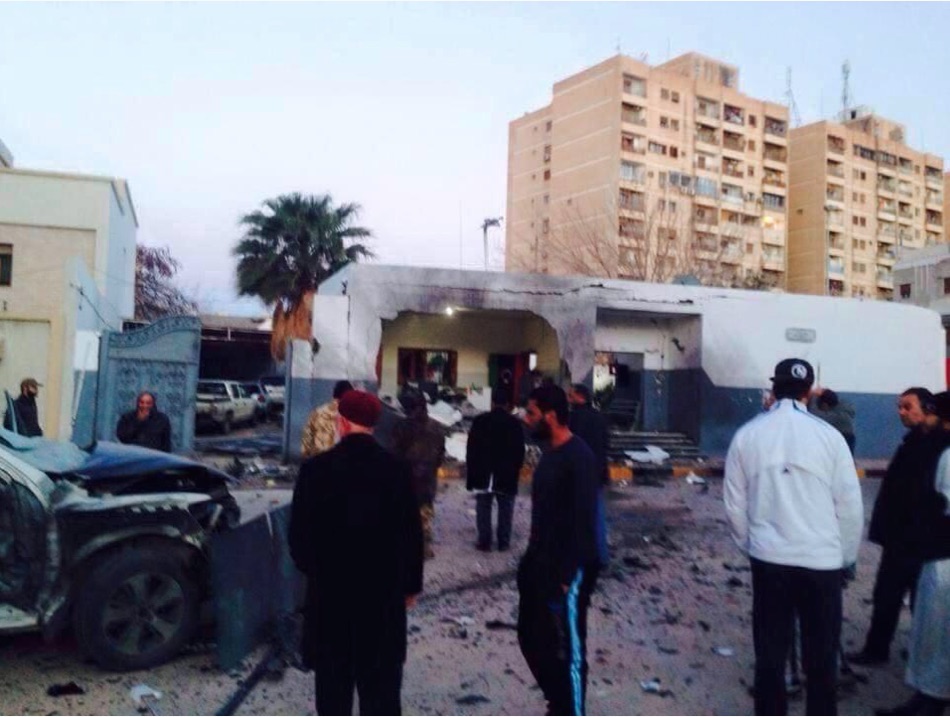By Libya Herald staff.
Tripoli/Tunis, 11 March 2015:
The two-day meeting of party leaders and political activists in Algiers linked to the UN-brokered . . .[restrict]dialogue process ended today with general support for the dialogue and the way it is being pursued but nothing more substantial.
In a statement from UNSMIL, the delegates were said to have supported its goal of “a consensual government that comprises competent persons; security arrangements that guarantee a permanent ceasefire and the withdrawal of armed formations from all Libyan cities; the development of a timetable for the collection of weapons with clear monitoring and implementation mechanisms; and the dissolution of armed formations through clear plans that aim for the demobilisation, integration and rehabilitation of their recruits”.
The UNSMIL statement also said the delegates had “confirmed the need to commit to the principles of the 17 February Revolution,” and had “underlined their commitment to the political process, which is based on the principles of democracy and the peaceful transfer of power”.
The delegates further spoke of their concerns about increasing terrorism in Libya and the need to focus on fighting terrorist groups such as Ansar al-Sharia, Daesh and Al-Qaeda.
They also emphasised “the important role” they could play in lobbying for support for the dialogue at in Libya.
However, there has been criticism of the meeting by both sides of the Libyan divide. Libya Dawn put out a statement before the delegates even met saying that it would not accept anything they said, while Libya’s ambassador to the UAE, Aref Nayed, lashed out at the decision to give Islamists who had lost the 2014 elections the same status and worth at the talks as those who had won them.
“In Algeria, a . . . fragment of Libya’s political landscape, consisting of Islamists who never won a single seat in their communities, sit at a table in a 50-50 configuration [with those who won the election]”, he complained in an opinion article published in the Libya Herald today.
He is believed to have been referring in particular to the presence of Abdul-Hakim Belhaj whose Watan Party failed to win any seats in the HoR elections despite a massive publicity campaign.
Criticism was also reported among HoR members and supporters at the clause in the final Algiers statement that said that the participants “stressed their full commitment to the reorganisation and building of armed forces, police and security bodies, who shall protect the citizens and safeguard the national territory”.
Questions are being asked what is meant by “security bodies”. A major demand by protestors campaigning against the militias in Libya for the past two years has been that the only bodies able to use force in Libya should be the police and army. Fears were being expressed today that “security bodies” in effect meant the militias.
The next set of dialogue talks, the second round involving selected representatives from various municipalities is due to take place in Brussels later this week. A separate round, for tribal leaders, is expected to take place in Egypt. [/restrict]






